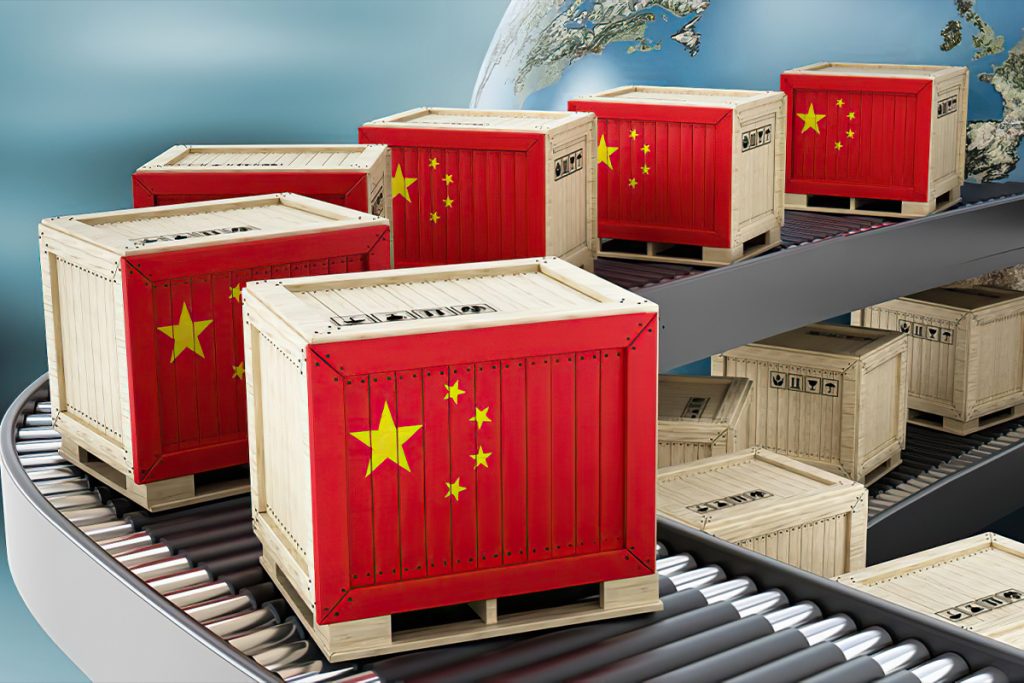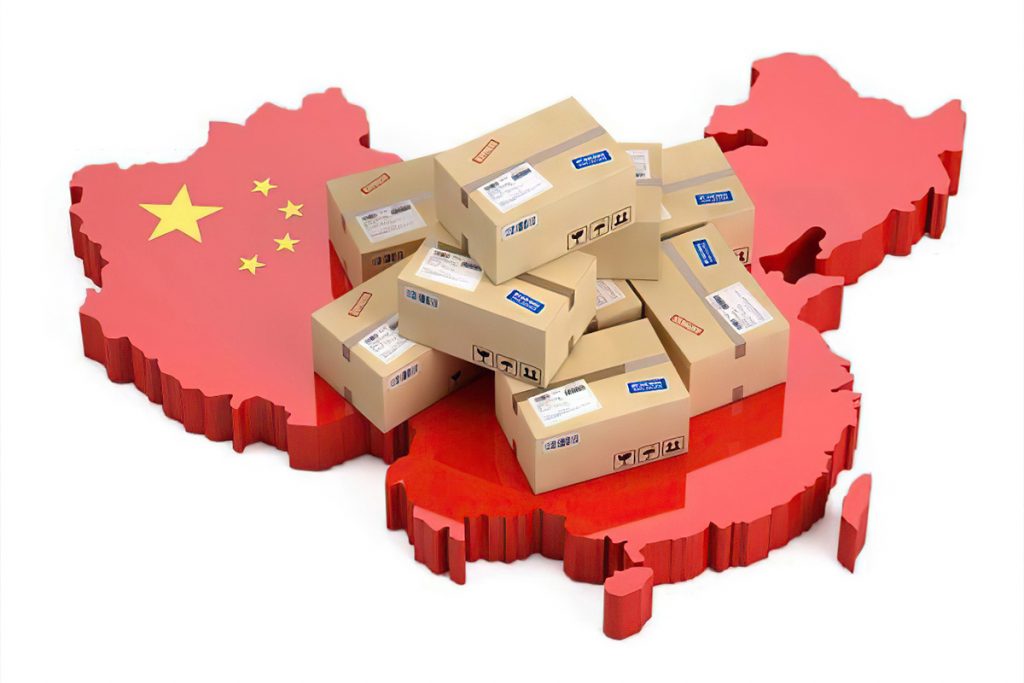BEIJING, July 19
China’s eCommerce sector saw robust growth in the first half of 2024, fueling momentum for consumption recovery in the world’s second-largest economy.
Online retail sales during this period surged 9.8% year on year to 7.1 trillion yuan (about 996 billion U.S. dollars), of which the retail sales of goods reached 5.96 trillion yuan, marking an increase of 8.8%, according to data released by the Ministry of Commerce (MOC) on Friday.
Three Drivers For Consumption Growth
The MOC said that digital products, services consumption, and trade-in programs were the three new drivers for consumption growth during the period.
In terms of digital products, AI (Artificial Intelligence) learning machines and smart wearable devices grew 136.6% and 31.5%, respectively, the data showed.
For services consumption, surveyed online travel and catering services grew 59.9% and 21.7%, respectively.
eCommerce platforms in China coordinated to offer trade-in services for more than 400,000 products and recycling services covering over 300 categories of goods. The trade-in services saw sales of refrigerators, washing machines, mobile phones and TVs increase by 82.1%, 70.4%, 63.9% and 54.3%, respectively, on major online shopping platforms.
Deepening International Cooperation
As eCommerce drives consumption recovery domestically, the sector’s international cooperation has also expanded further. In the first half of this year, China signed eCommerce cooperation memorandums with Serbia, Bahrain and Tajikistan, bringing the total number of Silk Road eCommerce partner countries to 33, according to the MOC.
China’s financial hub Shanghai has achieved a series of outcomes in institutional opening-up regarding the interoperability of cross-border e-invoicing and electronic bills of lading, the MOC said.
The city was given the green light in October last year by the State Council to set up the pilot zone for Silk Road eCommerce cooperation, an initiative aimed at exploring institutional innovation, further opening up the eCommerce sector, and improving digital economic cooperation, especially among Belt and Road Initiative participating countries.
According to the MOC, the pilot zone in Shanghai has also established a raft of public service platforms for training, think tanks and country pavilions.
Technological Boost
This year, major eCommerce platform companies have invested over 48 billion yuan in R&D to optimize customer experience and reduce costs, according to the MOC.
“AI is widely used across various aspects, including consumption, operations and transportation,” the MOC said, adding that virtual shopping, AI customer service, and autonomous driving opened up a new era of smart eCommerce.
Intelligent operations and marketing tools have helped merchants reduce costs and increase efficiency, according to the MOC.
The ministry said eCommerce has also played a positive role in invigorating the agriculture sector. For instance, digital commerce campaigns conducted in Hubei and Hunan provinces in central China led to a 21.7% growth in online sales of local agricultural products in the first half of the year.
Source: Ministry Of Commerce (MOC)


